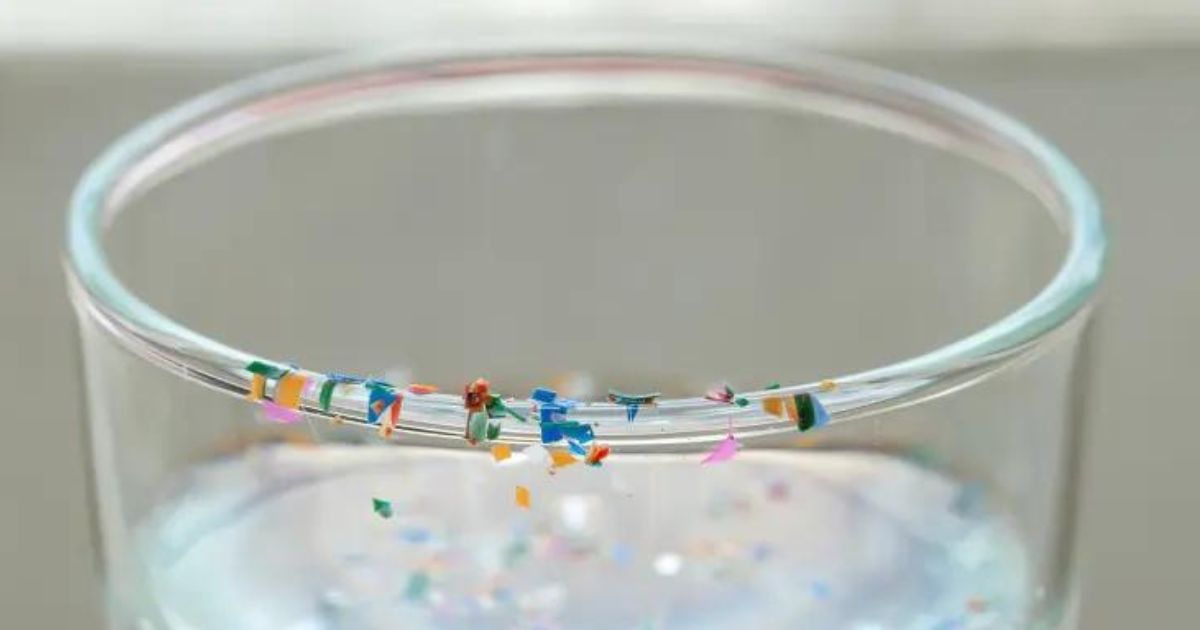In a groundbreaking study from University College London, menopausal women who make cold water swimming a part of their routine reported substantial improvements in both physical and mental health. Published in the journal Post Reproductive Health, the research surveyed 785 women, revealing that this popular outdoor activity might hold the key to alleviating menopause symptoms.
According to the study, 46.9% of the surveyed women stated that swimming in cold water eased their anxiety, while 34.5% reported improvements in mood swings. Additionally, 31.1% noted an elevation in mood, and 30.3% experienced a reduction in hot flashes.
The senior study author, Joyce Harper, highlighted the positive impact of cold water on mood and stress reduction, drawing parallels to its use in aiding athletes’ muscle repair and recovery through ice baths.
Harper emphasized the study’s support for claims about cold water’s potential to alleviate physical symptoms such as hot flushes, aches, and pains. The anecdotal evidence provided by participants further highlighted the versatility of this outdoor activity in addressing both physical and mental aspects of menopausal symptoms.
Menopause, occurring between the ages of 45 and 55 when a woman has gone 12 months without a period, brings a range of symptoms, including anxiety, mood changes, discomfort during sex, vaginal dryness, hot flashes, sleep problems, weight gain, and slowed metabolism. The study found that 63.3% of menopausal women swim specifically to relieve these symptoms.
Impact Of Cold Water Swimming
One participant, a 57-year-old woman, expressed the profound impact of cold water swimming: “Cold water is phenomenal. It has saved my life. In the water, I can do anything. All symptoms (physical and mental) disappear, and I feel like me at my best.” The study revealed that those who swam for longer periods experienced more pronounced effects.
While most participants opted for swimsuits rather than wetsuits, caution was advised due to potential risks. Harper warned that cold water swimming could expose participants to hypothermia, cold water shock, cardiac rhythm disturbances, or even drowning. Water quality standards also vary, with concerns raised about raw sewage pollution in UK rivers and seas, increasing the risk of infections.
Harper stressed the need for more research to explore the optimal frequency, duration, temperature, and exposure needed to reduce menopause symptoms through cold water swimming. The study also investigated the effects of cold water swimming on women who still experience menstrual symptoms.
Among the 711 women with menstrual symptoms, 46.7% reported improved anxiety, 37.7% noted relief from mood swings, and 37.6% experienced decreased irritability due to cold water swimming.
The study acknowledged certain limitations, including the fact that the survey was conducted among women already engaging in cold water swimming. These women were more likely to complete the poll if they observed a connection between cold water swimming and symptom relief.
As the study opens a new avenue of exploration into the potential benefits of cold water swimming for menopausal and menstruating women alike, it raises questions about the broader impact of outdoor activities on women’s health.
The findings not only shed light on the potential natural remedies for menopause symptoms but also emphasize the importance of further research to ensure a comprehensive understanding of the effects and safety considerations associated with this popular outdoor pursuit.








Leave a Reply
You must be logged in to post a comment.